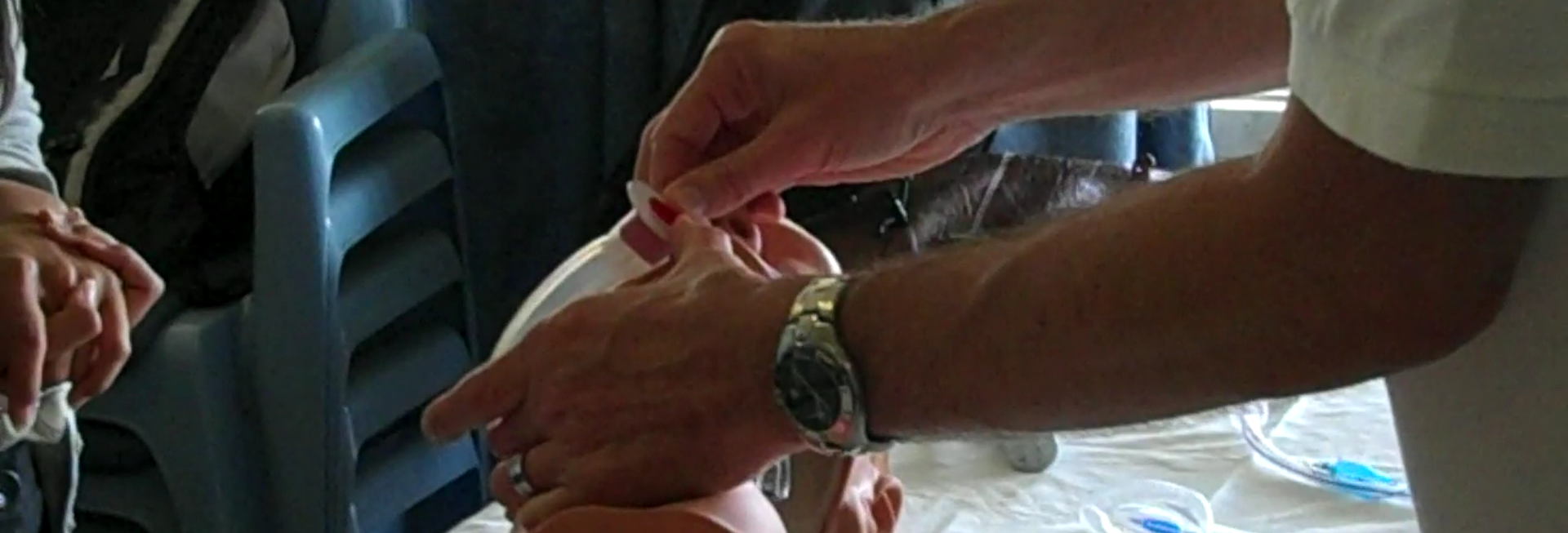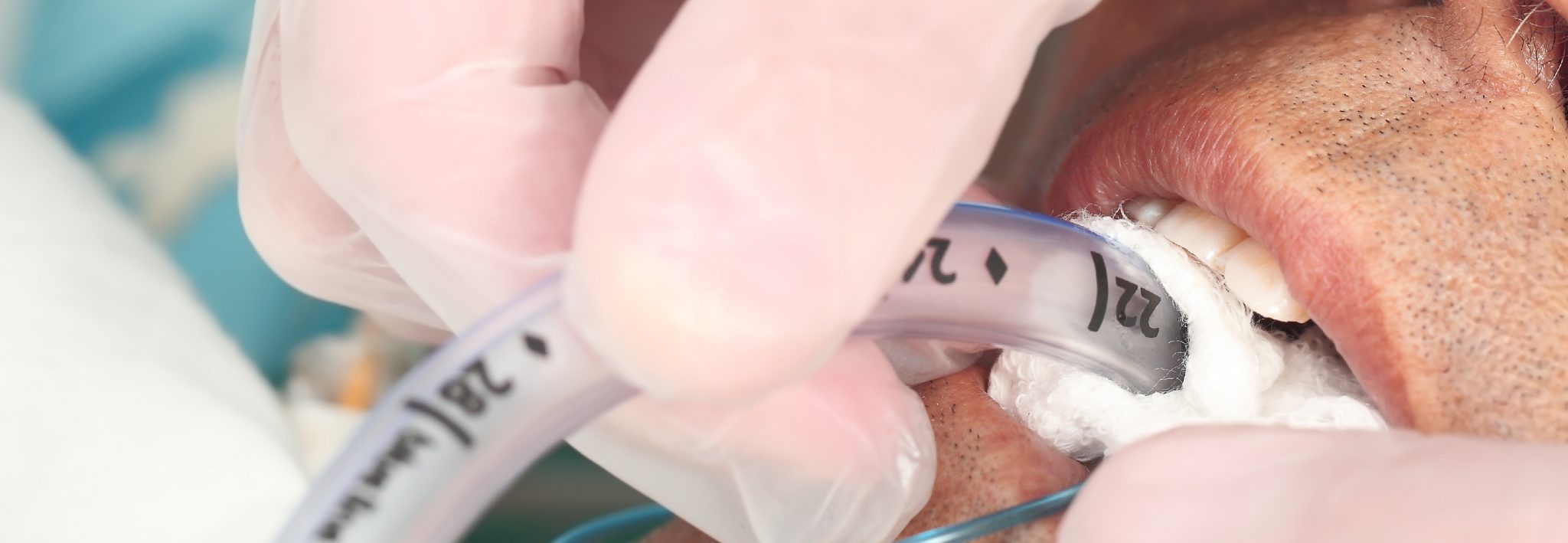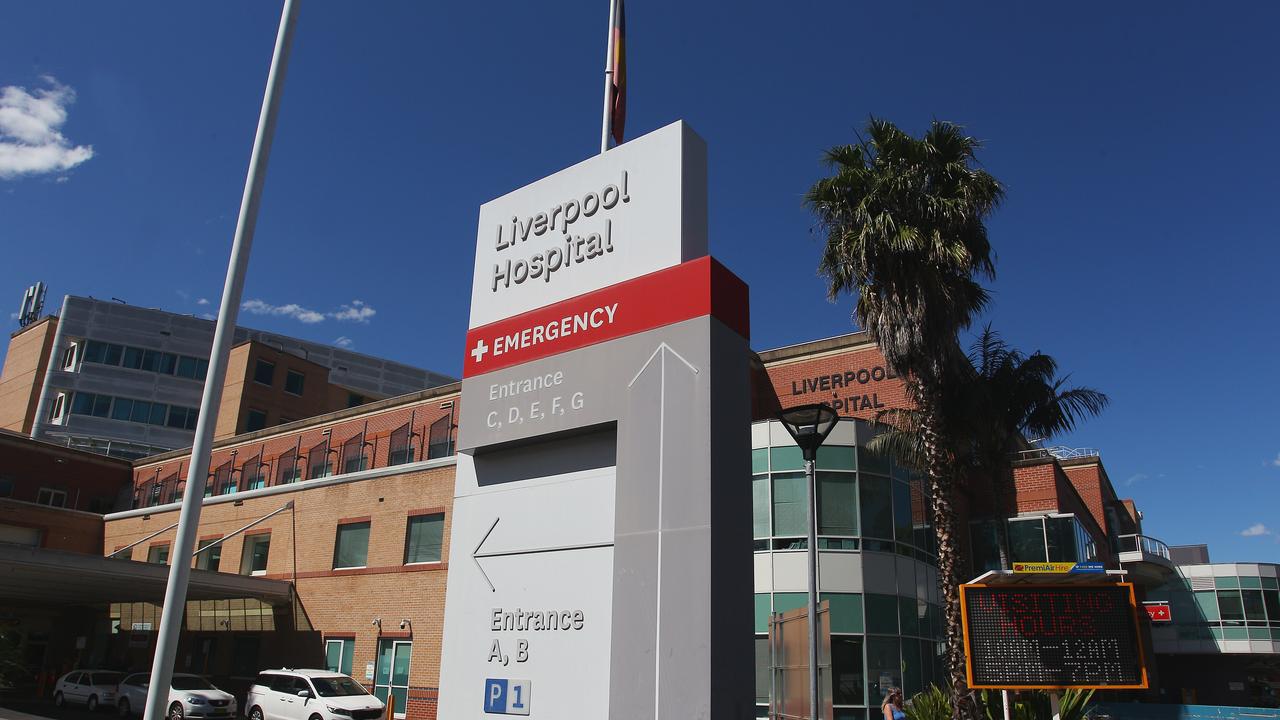Emergency Medicine
Emergency Medicine is a field of practice based on the knowledge and skills required for the prevention, diagnosis and management of acute and urgent aspects of illness and injury affecting patients of all age groups with a full spectrum of undifferentiated physical and behavioural disorders. It further encompasses an understanding of the development of pre-hospital and in-hospital emergency medical systems and the skills necessary for this development
The field of emergency medicine encompasses care involving the acute care of internal medical and surgical conditions. In many modern emergency departments, emergency physicians are tasked with seeing a large number of patients, treating their illnesses and arranging for disposition – either admitting them to the hospital or releasing them after treatment as necessary. They also provide episodic primary care to patients during off hours and for those who do not have primary care providers. Most patients present to emergency departments with low-acuity conditions (such as minor injuries or exacerbations of chronic disease), but a small proportion will be critically ill or injured. Therefore, the emergency physician requires a broad field of knowledge and procedural skills often including surgical procedures, trauma resuscitation, advanced cardiac life support and advanced airway management. They must have some of the core skills from many medical specialities – the ability to resuscitate a patient, manage a difficult airway, suture a complex laceration, set a fractured bone or dislocated joint, treat a heart attack, manage strokes, work-up a pregnant patient with vaginal bleeding, control a patient with mania, stop a severe nosebleed, place a chest tube, and conduct and interpret x-rays and ultrasounds. This generalist approach can obviate barrier-to-care issues seen in systems without specialists in emergency medicine, where patients requiring immediate attention are instead managed from the outset by speciality doctors such as surgeons or internal physicians. However, this may lead to barriers through acute and critical care specialties disconnecting from emergency care.
Wikipedia






Interested in emergency research or a career in emergency medicine?
A career in emergency medicine can be highly rewarding. Emergency physicians work across multiple facets of medicine and have a wide range of procedural and technical skills. Emergency physicians also have a broad knowledge of physiology, anatomy, pathology, and pharmacology. More information can be found on the Australian College of Emergency Medicine website.
Fellowship with the ACEM requires emergency registrars to complete a research component. SWERI is looking to offer accredited training courses in the near future, please keep an eye out on this page for future updates.

Emergency Department, Liverpool Hospital
The Liverpool Hospital Emergency Department is part of a 877 bed public facility located in South West Sydney. The Emergency Department is staffed to operate 24 adult acute beds, 5 resuscitation beds, 11 adult short stay beds, 6 EDART beds, 6 paediatric beds, and 7 consult rooms. The ED is one of the largest departments in Australia with an annual census of over 78,000 patients.
The Ingham Institute for Applied Medical Research
Through applied medical research and partnerships with South Western Sydney Local Health District (SWSLHD), the University of New South Wales and Western Sydney University, the Ingham Institute is working to radically transform health outcomes for the better – creating thriving communities, both locally and globally.

